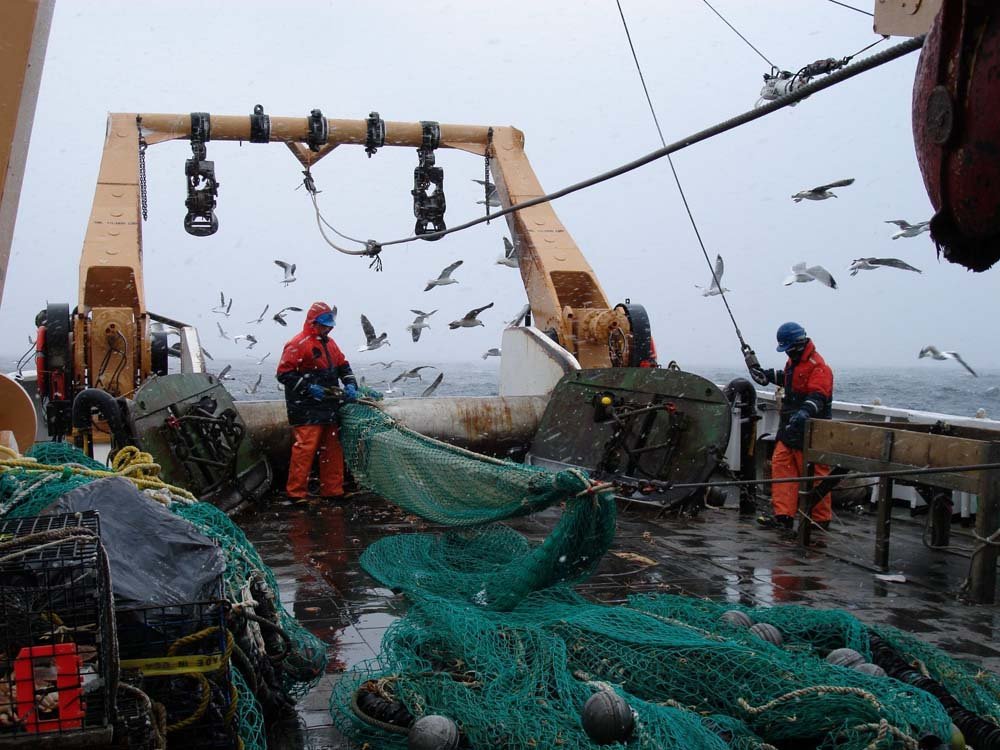Announcing Funding Opportunity in Marine Carbon Dioxide Removal (mCDR)- Opportunity Closed
The NOAA Ocean Acidification Program on behalf of the National Oceanographic Partnership Program (NOPP) solicits proposals focused on (a) expanding understanding of various aspects of marine Carbon Dioxide Removal (mCDR); (b) understanding associated co-benefits (including ocean acidification mitigation) and risks of marine CDR; and (c) the science needed to build building regulatory frameworks for both testing and scaling of marine CDR approaches. This knowledge will assist in the verification or invalidation of hypotheses regarding mCDR, in order to make informed decisions regarding a potential scaled negative carbon ocean industry.
To be eligible under this NOPP funding opportunity, each proposing team must comprise participants from at least two of the following sectors: academia, private sector (including Non-Governmental Organizations, or NGOs), or government (including federal, tribal, state, and local). Participants in this multi-agency request for proposals include: NOAA (Ocean Acidification Program, Global Ocean Monitoring and Observing Program, US Integrated Ocean Observing System/US IOOS), the Department of Energy (Fossil Energy and Carbon Management, Water Power Technologies Office), Department of Navy (Office of Naval Research), the National Science Foundation (Chemical Oceanography Program) and philanthropies including ClimateWorks.
To facilitate cross-sectoral networking and the formation of new partnerships, our NOFO partners, ClimateWorks Foundation has created a networking resource for individuals who are leading proposals and seeking new partnerships as well as individuals interested in participating in a proposal and being discoverable.
See here for more network details: http://tinyurl.com/NOPPmCDRnetwork.
This form produces a publicly available spreadsheet.
View the FULL NOTICE OF FEDERAL FUNDING
An informational webinar will be held on December 7, 2022 at 4-5pm ET. REGISTER HERE
Webinar slides are attached.
View the webinar.
Read the FAQs.







